Are there any herbs or spices that might improve brain health? The answer is yes, and one particular spice may already be in your kitchen cabinet.
The world has its eyes on a golden ingredient called curcumin, which has a plethora of health benefits to offer, including some advantages for mood and cognition. In this post, we'll explain what curcumin is and how it helps improve mood, memory, and concentration. Keep on reading till the end as we also reveal a fun and convenient way to get your daily dose of this spice; trust us, you don’t want to miss out on it.
Curcumin and its Health Benefits
While we’ve all heard of Turmeric, did you know that there’s a certain compound in this spice that’s responsible for its medicinal properties? We’re talking about curcumin.
Curcumin, or diferuloylmethane, is a polyphenol belonging to the ginger family. It is a powerful antioxidant, has anti-inflammatory properties, and helps take care of your overall health. Curcumin is used differently in different parts of the world. For instance, in India, curcumin from turmeric is used in a variety of curries, savory foods, and occasionally with milk. Curcumin is well-known for being ingested through green tea in Japan. It is a component of butter, cheese, and mustard sauce in the US. Although there are several ways to consume curcumin, the advantages are all the same.
Since it has strong antioxidant, antibacterial, and anti-inflammatory properties, it keeps your oxidative stress in check and prevents damage brought about by free radical accumulation. Our body comes into contact with a lot of allergens every minute, and curcumin can help you fight those. One of the most well-known diseases caused by inflammation is osteoarthritis. Curcumin is shown to protect you from developing osteoarthritis and rheumatoid arthritis. Continuing this saga of the health benefits of curcumin, let’s discuss its importance in improving brain function and mood.
Curcumin for Improved Focus, Memory, and Mood
In India, people commonly drink turmeric milk for better immunity, better skin, and better cognition. Having curcumin is one of the best ways to enhance your brain health; it can reduce neuroinflammation, help you manage your stress, and keep you in a good mood.
-
Curcumin regulates serotonin and dopamine levels.
Chemical messengers like serotonin and dopamine carry information across the neurological system. Dopamine regulates pleasure perception, movement, and coordination, and your brain's reward system is affected by it. The quality of the reward or level of happiness you experience increases when more dopamine is released in your brain. Serotonin controls the digestive system and the feelings of happiness, calmness, and focus. In a nutshell, the more dopamine and serotonin released in your body, the happier and calmer you will feel. Curcumin is also known as an antidepressant because it modulates the release of dopamine and serotonin. Hence, having curcumin can improve your mood, which in turn helps deal with stress, increases focus, and also improves your sleep quality and duration.
-
Curcumin and BDNF
BDNF or Brain-Derived Neurotrophic Factor is a protein that is essential for the growth and survival of nerve cells. Your nerve cells also incur some injuries, but thankfully, they have the ability to regenerate. BDNF is required for your nerve cells to survive and regenerate. Less BDNF implies that your nerve cells won’t be able to survive and grow as they should, which causes neurodegeneration, leading to diseases like Parkinson's disease, Alzheimer's disease, and Huntington's disease. Curcumin enhances the levels of BDNF, thus keeping your brain health in check.
-
Curcumin for better focus
Are you aware that you have two types of memories: short-term memory and long-term memory? Long-term memory helps with recall, while short-term memory comprehends the information, processes it, and then passes it on to long-term memory. Short-term or working memory helps you focus and stay engaged in the tasks that you are doing. The better your working memory, the more you can concentrate on things.
Curcumin is proven to enhance your working memory, thus helping unlock laser-sharp focus. A randomized pilot study revealed that taking curcumin continuously can also work as an additional therapy to improve working memory.
How to have Curcumin Daily?
Since the most popular source of curcumin is turmeric, you can try including it in your food. Additionally, having it with milk can also help. Turmeric isn’t a very tasty spice, though. In that case, you can try curcumin supplements to fulfill your daily requirement of antioxidants and improve your overall health.
Did you know that you can elevate your regular cup of coffee with the potent benefits of curcumin? Have your daily dose of curcumin as you relish the taste of coffee with a creamy chocolate aftertaste with Coffee Melts®️ Energy Mocha. Get the boost of energy you need without the coffee jitters with a unique formulation of ingredients like roasted Arabica coffee, curcumin, vitamin B12, and folic acid.
Wrapping Up
Turmeric has long been in our kitchens, but we never fully understood its importance. Curcumin is the main ingredient in turmeric and is a polyphenol with antibacterial, antimicrobial, antioxidant, and anti-inflammatory properties. It also plays a vital role in enhancing your brain’s functioning and preventing neurodegeneration.
References
https://www.ncbi.nlm.nih.gov/pmc/articles/PMC3372091/
https://www.ncbi.nlm.nih.gov/pmc/articles/PMC3355196/
https://www.ncbi.nlm.nih.gov/pmc/articles/PMC5664031/
https://pubs.acs.org/doi/10.1021/acsptsci.2c00012
https://www.ncbi.nlm.nih.gov/pmc/articles/PMC2929771/
https://hopes.stanford.edu/brain-derived-neurotrophic-factor-bdnf/#how-does-bdnf-work
















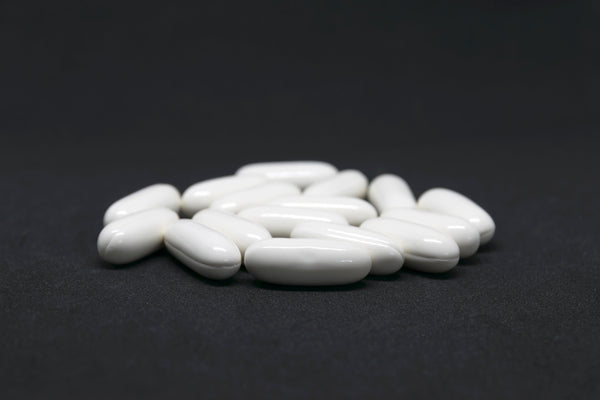
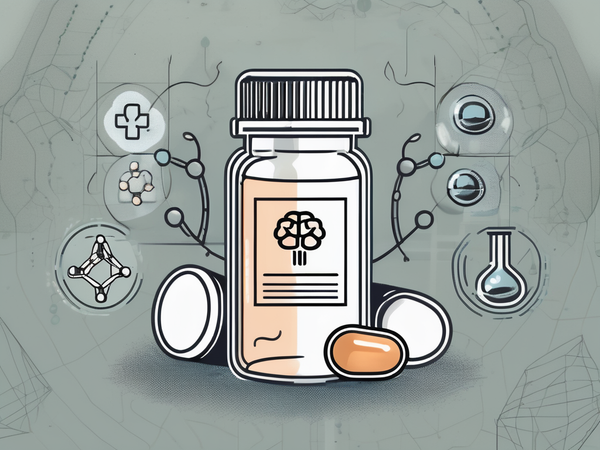
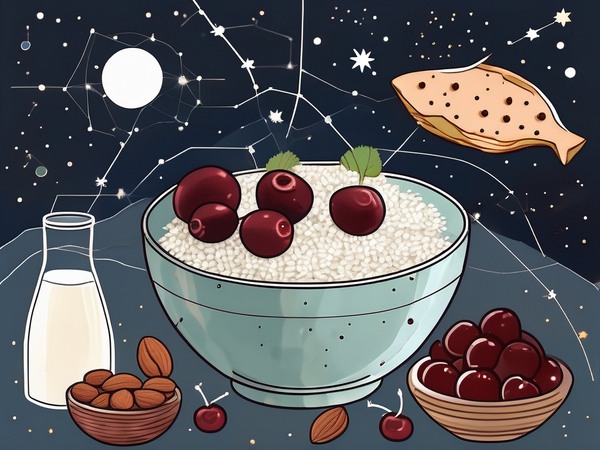
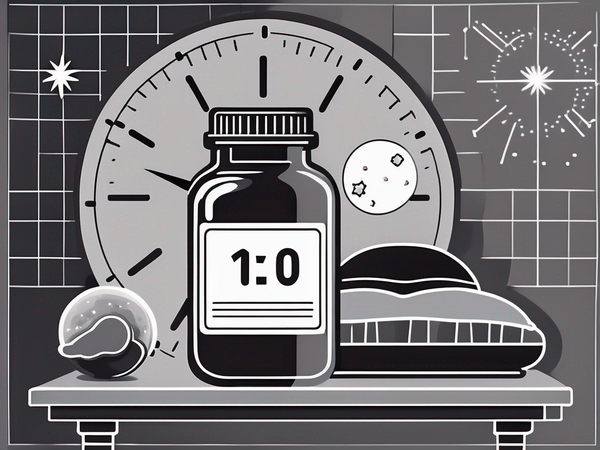
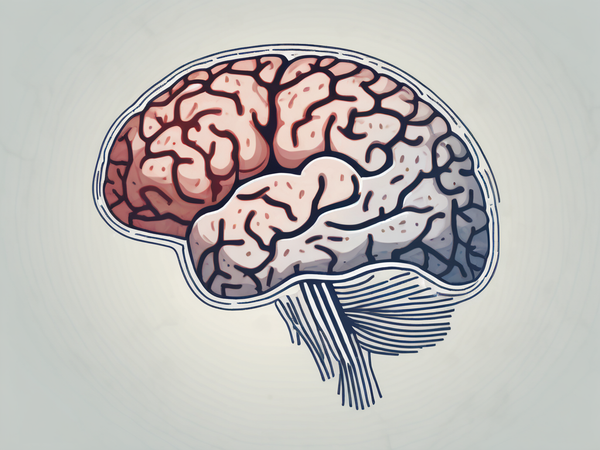






 DOWNLOAD NOW
DOWNLOAD NOW
